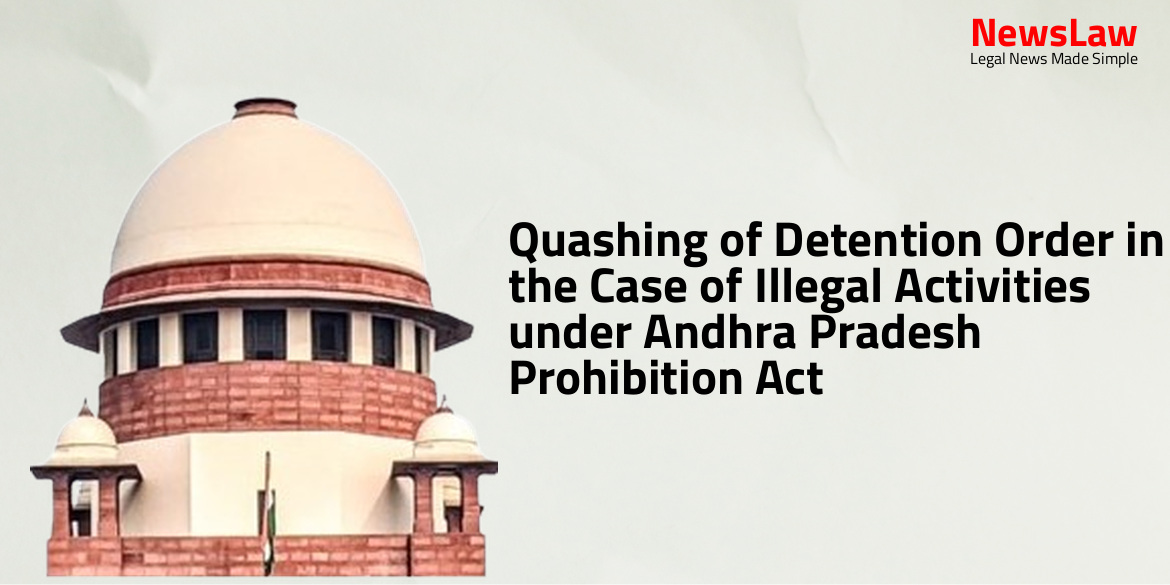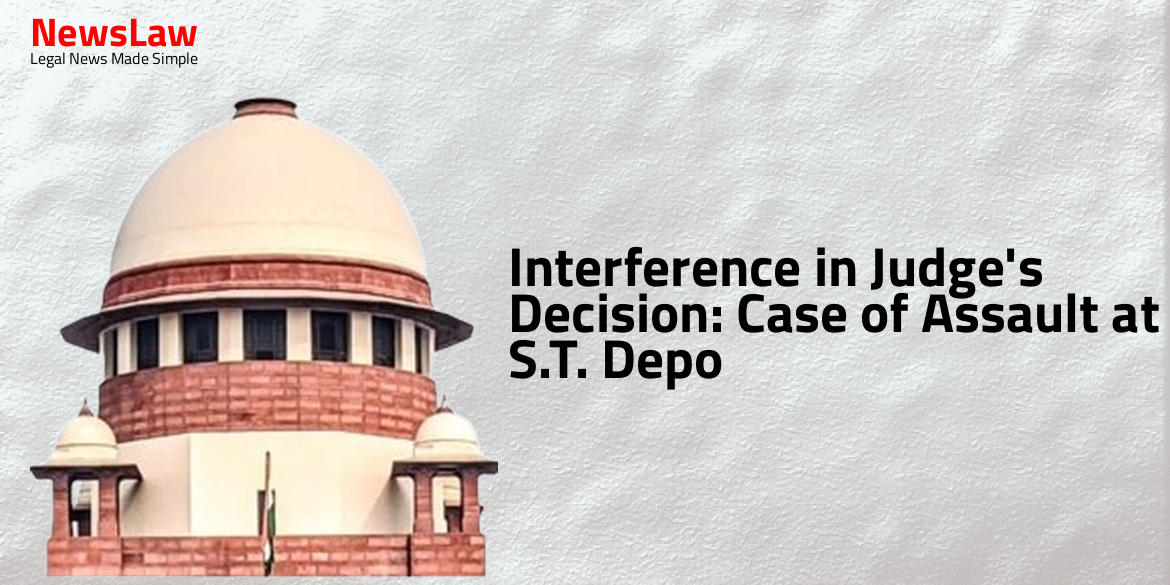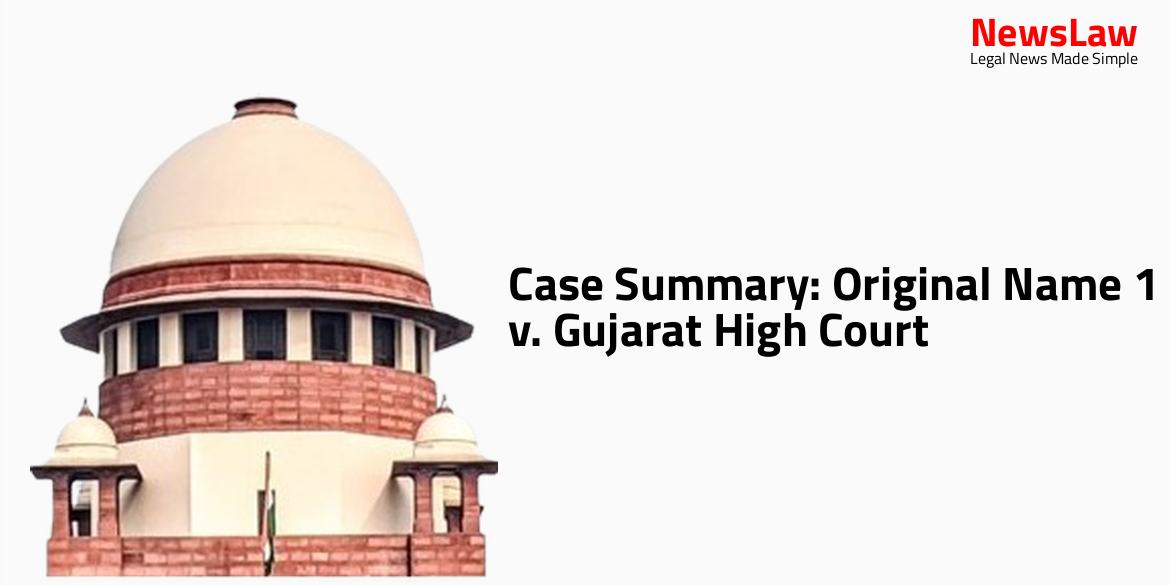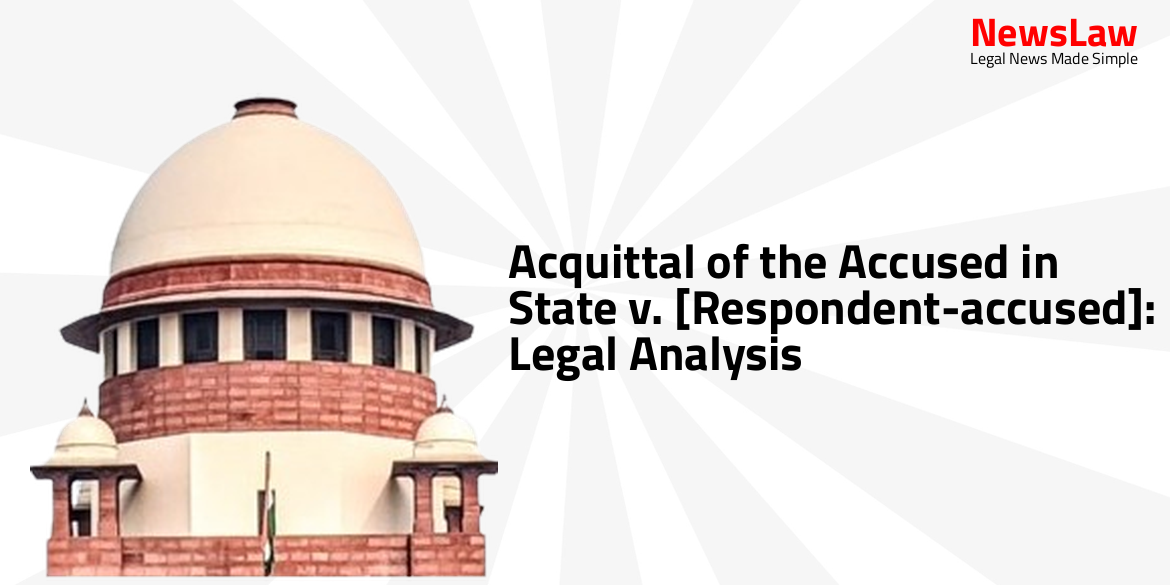In a recent landmark decision, the Gujarat High Court has nullified a detention order pertaining to illegal activities under the Andhra Pradesh Prohibition Act. The case involved a detailed examination of the distinction between law and public order in preventive detention matters. The judgment sets a significant precedent in safeguarding individual liberties against unjustified detentions. Stay informed about this crucial legal development.
Arguments
- The petitioner’s advocate argued that the detention order should be quashed as it was solely based on the registration of two FIRs, which did not constitute a threat to public order.
- It was contended that the alleged illegal activities did not have any nexus with public order and were more in the realm of law and order violations.
- The lack of substantial evidence beyond witness statements and FIR registrations was highlighted, casting doubt on the detention’s legality.
- The argument emphasized that the petitioner being out on bail for all offenses was not considered by the detaining authority, indicating a lack of thorough assessment.
- The State’s AGP supported the detention order, citing sufficient evidence of the petitioner’s habitual anti-social activities.
- Upon review of the available materials, the Court found the detaining authority’s satisfaction to be unsubstantiated as the alleged offenses did not impact public order, which existing laws could address.
- Legal precedents were referenced to emphasize caution when basing a preventive detention order on charges being tried in criminal court, as seen in Vijay Narain Singh vs State of Bihar.
Analysis
- The personal liberty of an accused cannot be sacrificed for preventive detention merely due to implication in a criminal proceeding.
- The distinction between ‘law and order’ and ‘public order’ is crucial in determining the necessity of preventive detention.
- Preventive detention powers must be exercised with caution and based on a proper assessment of whether the actions are prejudicial to the state’s interest and security.
- Recent cases have highlighted instances of misuse of preventive detention powers in the State of Telangana.
- Preventive detention should not be a substitute for ordinary law enforcement and investigative procedures.
- Detention under preventive laws cannot be prolonged indefinitely and must have a specific purpose related to preventing future offenses.
- The judiciary emphasizes that preventive detention should only be used when absolutely necessary to maintain public order and should not be a routine measure.
- The freedom of individuals is supreme and can only be restricted when absolutely necessary for the maintenance of public order.
- The Constitution specifically includes safeguards against the arbitrary exercise of preventive detention powers.
- Every disorder does not qualify as a disturbance to public order unless it impacts the larger community.
- The apprehension of public disorder must be based on substantial evidence and not mere conjecture or stale information.
- Maintaining public order is distinct from preserving law and order, with a focus on addressing disturbances that affect society at large.
- A breach of law leading to disorder does not necessarily equate to a breach of public order and warrant preventive detention.
- The judiciary underlines the need for a clear delineation between acts affecting law and those affecting public order
- The misuse of preventive detention powers undermines the principles of justice and the rule of law.
- It is important to differentiate between law and order, public order, and security of the State.
- The detention orders must be in line with Articles 21 and 22 of the Indian Constitution.
- The offences alleged in this case are punishable under the Andhra Pradesh Prohibition Act.
- The case shows a lack of consideration of material circumstances by the detaining authority.
- The two FIRs against the detenu could have been addressed through regular criminal law processes.
- The colonial-era detention laws have been continued with constitutional safeguards to prevent abuse.
- Personal liberty protected under Article 21 is highly valued and must be upheld by the detaining authority.
- Mere registration of FIRs does not justify invoking powers under Section 3(1) of the Act without relevant and cogent material.
- The impugned detention order dated 23.12.2023 is quashed and set aside as it lacked nexus with the breach of public order.
- Article 22 must be viewed as an exception to Article 21, not in isolation.
Decision
- Direct service is permitted.
- Rule made absolute to the aforesaid extent.
- Applies only in rare and exceptional cases.
- The petitioner, the detenue, is ordered to be set at liberty forthwith if not required in any other case.
Case Title: ANIL @ KOMDI S/O ASHOKBHAI SAPKALE THROUGH ISI GANESH RATAN Vs. THE STATE OF GUJARAT
Case Number: R/SCA/100/2024



